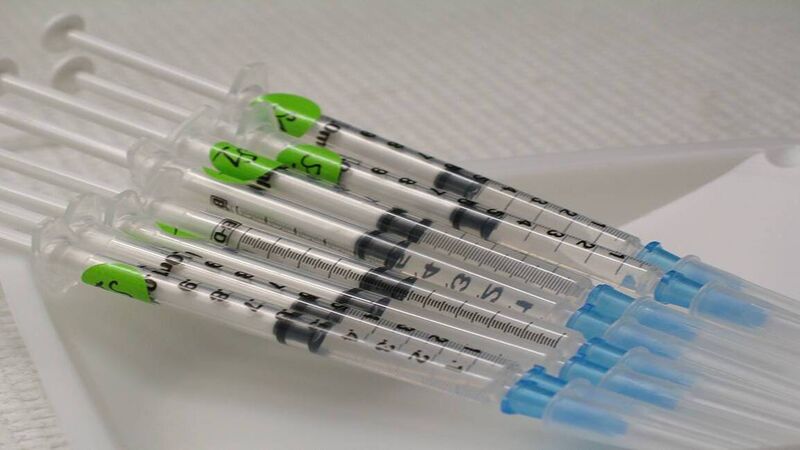Why the gap between initial Covid vaccines and boosters is so important

Niac said boosters should follow 'at least five months' after initial doses. The HSE is currently offering boosters with a six-month gap.
The Covid-19 booster vaccine is to be rolled out to thousands people following emerging evidence around waning immunity and booster effectiveness.
Updated advice from the National Immunisation Advisory Committee (Niac) extends boosters to everyone aged 50 to 59, people aged 16 to 59 with an underlying condition and all residents in residential care. Up to Friday, 299,000 doses were given to over-60s, older residents in long-term care, immunocompromised patients or healthcare workers.










